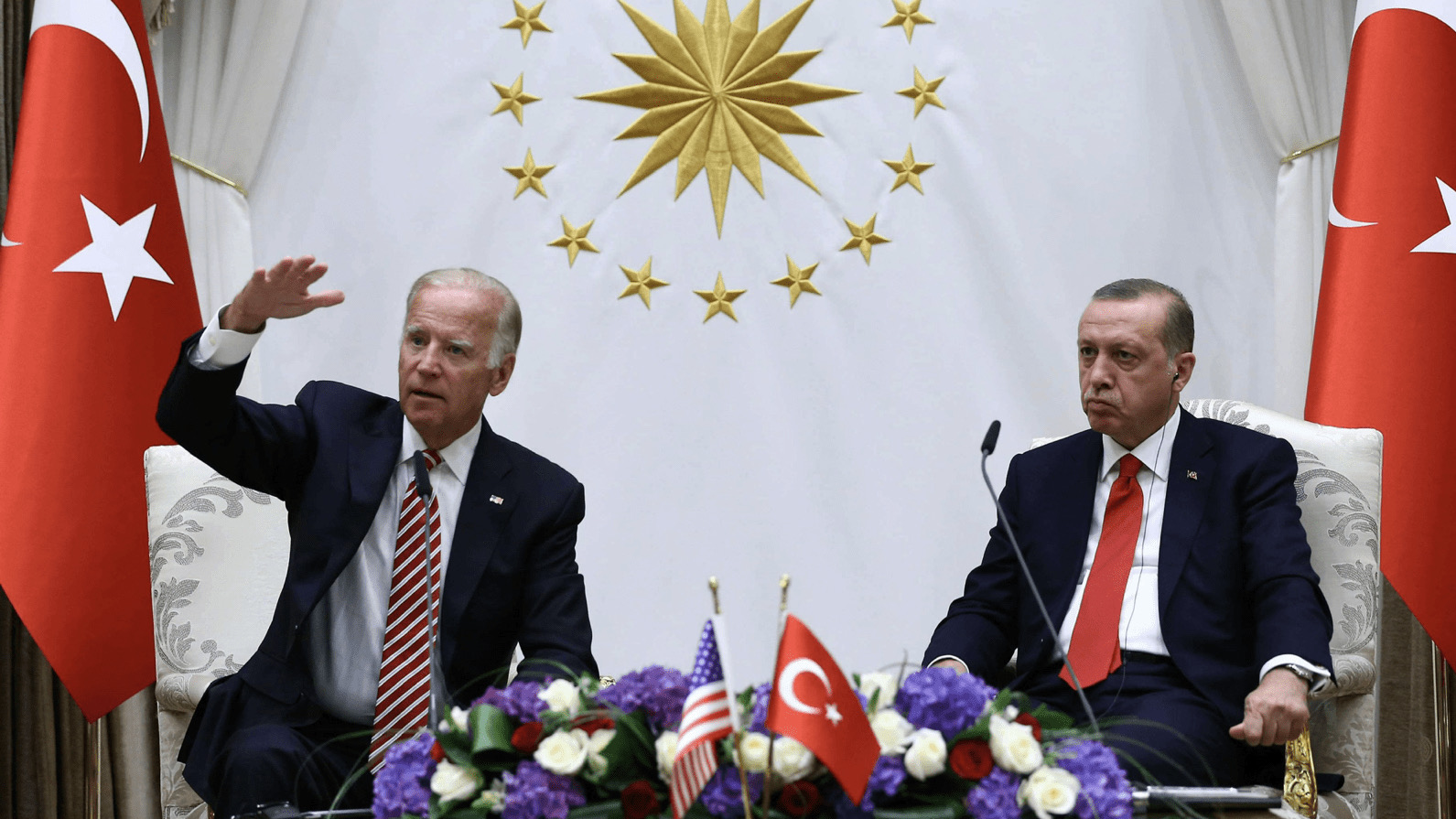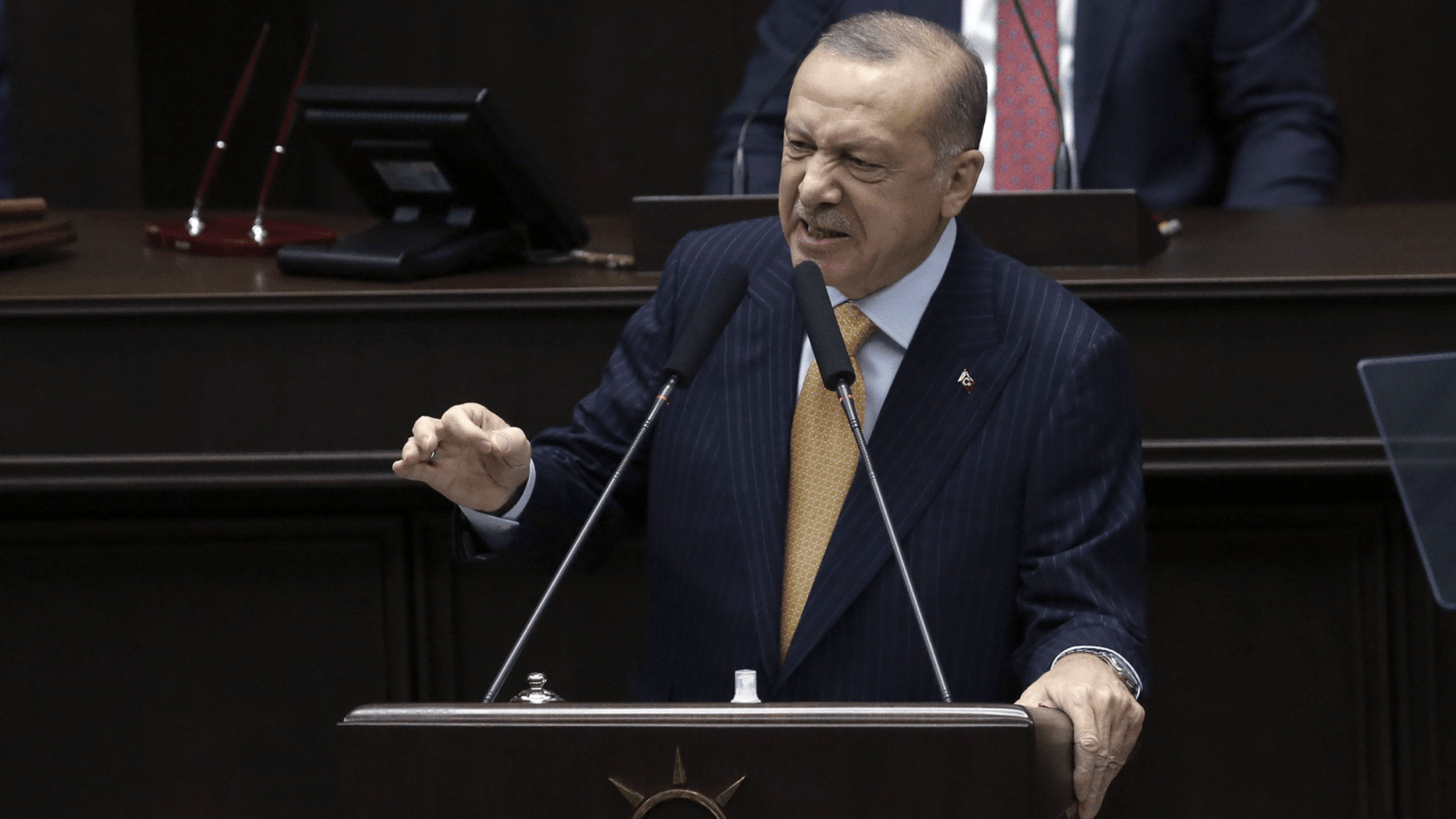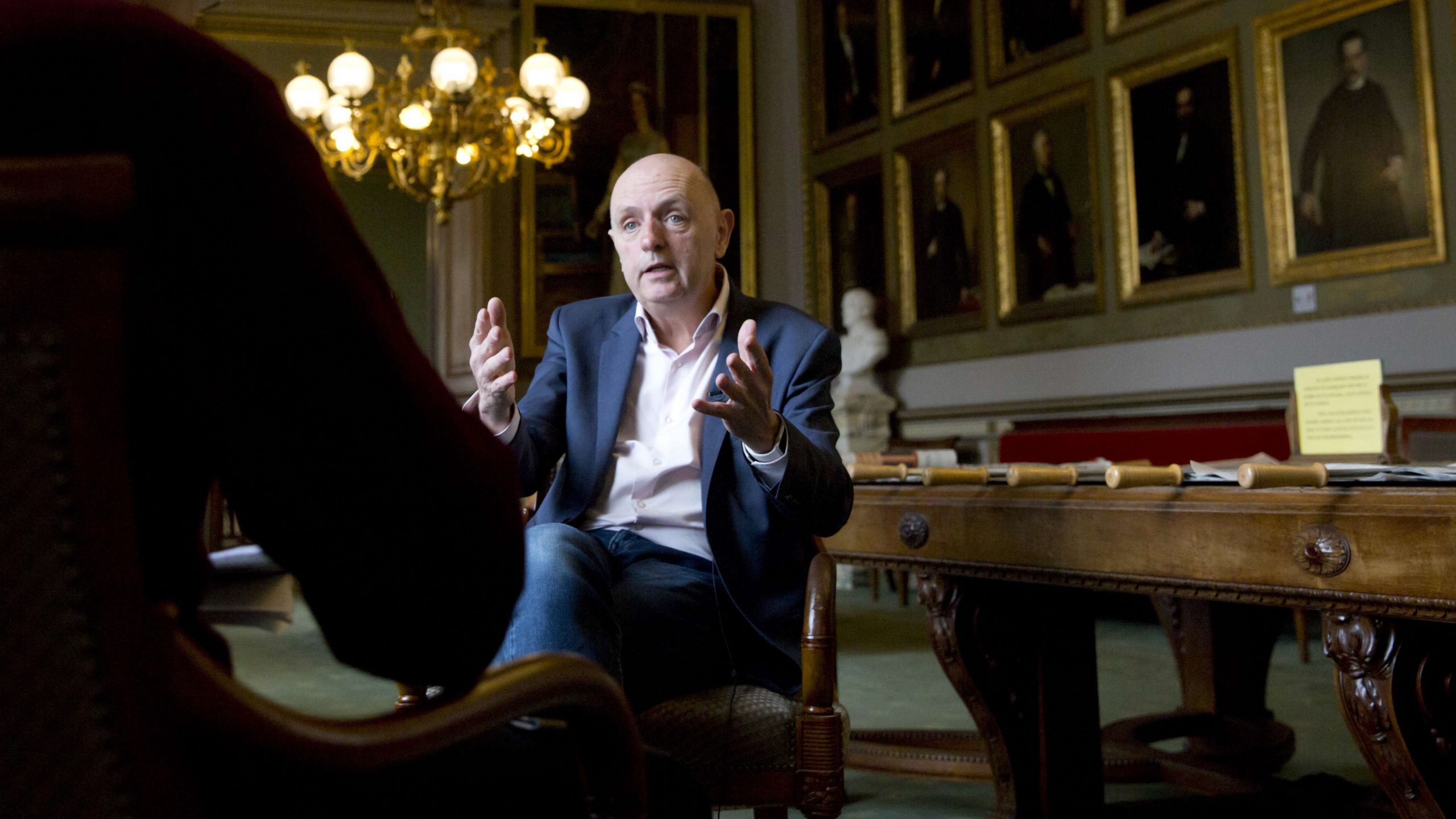
A confidential report by a European intelligence agency October 2021 mentions a secret alliance between Qatar and Turkey, sealed during a “coordination meeting” dedicated to strengthening collaboration between the two countries on “support for the Muslim Brotherhood in Europe”.
We reproduce here large excerpts from this edifying report:

French investigations following the banning of the Islamist NGO Barakacity and the Collective Against Islamophobia in France (CCIF) have revealed close links with the MIT (Turkish secret service).

According to a confidential French memo, cadres of the Algerian Islamist movement Rachad were discreetly received by the MIT (Turkish secret services) in Antalya and Istanbul. The Rashad emissaries were promised financial and logistical assistance to strengthen their propaganda activities.

The Ottoman Recep Tayyip Erdogan is trying to reweave the nationalist fibre, through external provocation, because he is weakened on the inside by a sluggish economy and growing unpopularity. It is a dangerous game because he wants to project himself beyond his borders and is once again seeking to settle scores with his historical Armenian enemies, whose genocide in 1915 was caused by Turkey. Which Erdogan denies. And that is a shame.

Turkish President Recep Erdogan wants to show the great powers that he has his say in the redistribution of the cards in the Middle East and in the resolution of conflicts in the region, at a time, moreover, when the world order that emerged from 1945, the end of the Second World War, has become obsolete.

The decision of President Emmanuel Macron to call into question the courses of language and culture of origin, given in French public schools, essentially targets “the Islamo-nationalist propaganda” of the Ankara officials who provide this type of course to 15,600 young people. Franco-Turkish.

A recent meeting of the Turkish and Qatari secret services in Doha sealed a common strategy for the African continent. The plan has three components: economic investment, security and political-military cooperation.

The Turkish weapons program for the development of a main battle tank called Altay faces multiple obstacles, due to the blocking by Paris and Berlin of the delivery of components essential for its manufacture.

Georges Dallemagne, former director of Humanity & Inclusion, now Belgian federal deputy, has just returned from Nagorno-Karabakh where he carried out an observation mission in the heart of the conflict between the Armenian minority and Azerbaijan.
In this interview with Global Watch Analysis, he claims to have observed “war crimes” and confirms the presence of “jihadist mercenaries” dispatched to the scene by Turkey.

The Russian President hates popular revolts in the former USSR. Whether it is Belarus today, or Armenia in 2018. The Velvet Revolution brought Nikol Pachinian to power. However, the current Prime Minister dares to criticise the Eurasian Economic Union, built around Russia, and is not indifferent to the sirens of the European Union.
